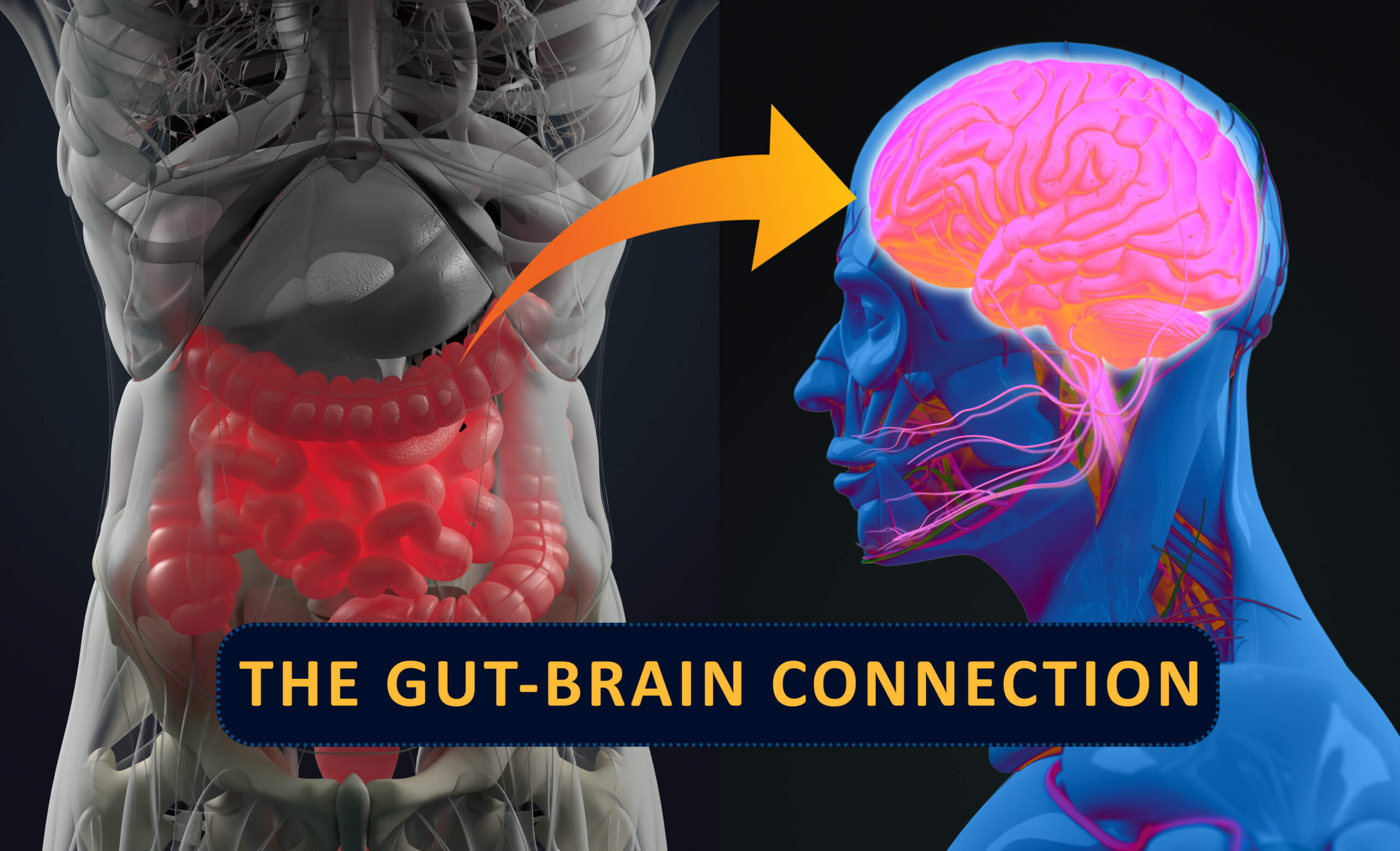Every 40 seconds, someone in the United States has a stroke. Every 3.5 minutes, someone dies from the condition. Risk factors for stroke include high blood pressure, high cholesterol, smoking, obesity, diabetes, Fusobacterium, and Lactobacillus. Yes, you read that correctly. Scientists have discovered multiple types of bacteria found in the gut which are associated with increased risk for ischemic stroke.
An ischemic stroke occurs when a clot or other obstruction blocks the blood supply to some part of the brain; 87 percent of strokes are ischemic. Stroke is a leading cause of serious long-term disability. It reduces mobility in more than half of stroke survivors aged 65 and older. It’s estimated that 750,000 Americans will suffer from a stroke this year.
Stroke is also a leading cause of death in the U.S. The risk of having a stroke varies with race and ethnicity. Risk of having a first stroke is nearly twice as high for Blacks as for Whites, and Blacks have the highest rate of death due to stroke.
A study presented recently at the European Stroke Organization Conference (ESOC 2022) identified specific groups of bacteria associated with increased morbidity of ischemic stroke. Fecal samples were collected from 89 patients who had suffered an ischemic stroke and compared with a control group. Negativibacillus and Lentisphaeria were found with more severe stroke in the first 24 hours after the event. Acidaminococcus was associated with poor recovery of function at three months.
“The influence of the gut microbiome – the trillions of bacteria and other microorganisms that live in the gut – is a modifiable risk factor associated with the risk of stroke and with post-stroke neurological outcomes,” says Dr. Miquel Lledós, of the Sant Pau Research Institute Stroke Pharmacogenomics and Genetics Laboratory in Barcelona, in a statement.
“The discovery opens the exciting prospect that, in the future, we may be able to prevent strokes or improve neurological recovery by examining the gut microbiota,” he continues. “In other pathologies, clinical trials are being carried out where researchers replace the intestinal flora through dietary changes or fecal transplantation from healthy individuals and this should be studied further in the stroke field.”
